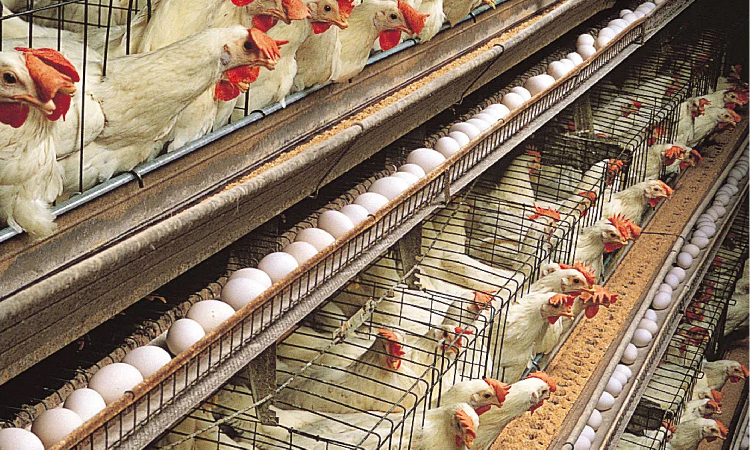[ad_1]
NAMIBIA’S poultry industry continues to be threatened by cheap imports from countries like Brazil, Denmark, Ireland, Poland, and Spain into the Southern African Customs Union (Sacu) market.
This is because the South African minister of trade suspended poultry anti-dumping duty for 12 months effective from 1 August due to high food inflation in South Africa, the Sacu market, and globally.
According to the latest issue of the Namibia Agricultural Union (NAU) newsletter, the South African Poultry Association (Sapa) lodged an anti-dumping application with the International Trade Administration Commission of South Africa (Itac) against the importation of frozen bone-in portions of chickens from abroad into Sacu.
Itac accepted the application on 13 January 2021 and commissioned an investigation into whether poultry meat was being imported at dumped prices into the Sacu market.
According to NAU agricultural economist Bertha Iiyambo, Itac was mandated by Sacu to regulate trade issues for the union because of a lack of capacity among members, although Itac is South Africa’s regulatory body.
“During the investigations, Itac made preliminary determinations and imposed provisional anti-dumping duties effective from 1 December 2021 to 14 June 2022, pending the outcome of the investigations,” NAU said in the newsletter.
The duties lapsed in June 2022, and a notice (Government Gazette of the Republic of South Africa published on 1 August 2022) was issued on 1 August, declaring the approval of anti-dumping duties after confirming dumping and material injury within Sacu.
South Africa’s minister of trade approved Itac’s recommendation, but suspended the duties for 12 months effective from 1 August.
“Sacu members are therefore all bound by the directive of the minister to Itac – unless they can come up with their own solution to the problem,” Iiyambo said.
Asked whether Namibian consumers would benefit from the suspension of dumping duties, Iiyambo said on paper it appears consumers would benefit, but in reality they may not.
The NAU said the Namibian poultry sector has been battling large import quantities, which increased from an estimated 27 719 tonnes in 2017 to 58 508 tonnes in 2021 – an increase of 111,1%.
Iiyambo said the domestic poultry sector competes with products imported at an average price of N$16,8 per kilogram, while the local selling price is about N$42, excluding VAT.
“Only the unscrupulous importers benefit from this because they import chicken cheap but do not pass on the benefits to the consumers. Instead they will charge margins as near as possible to what local producers sell their products for,” she said.
She said the large number of imported poultry products have resulted in a huge glut in the domestic produce.
“The fact that you are opening the market to countries that have been dumping their products on us means you are saying to them bring in more.
“A continuation of these unsold surplus products would in the near future result in job losses, a loss in government revenue, and material injury to the domestic market, unless the Namibian government intervenes,” she said.
Email: [email protected]
[ad_2]
Source link




